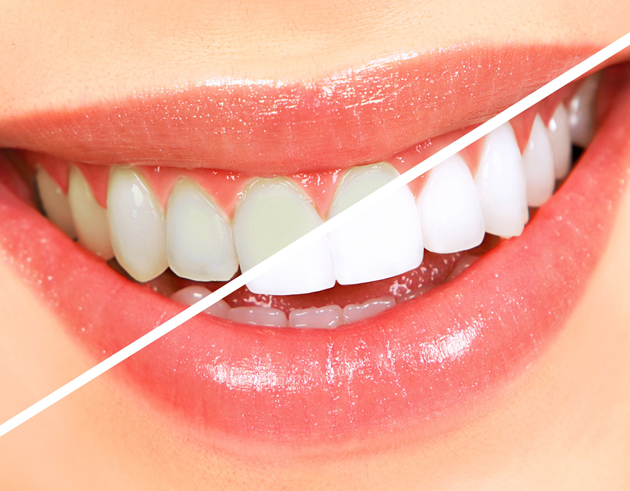
Teeth Whitening In Wichita, KS
How does a teeth whitening procedure function?
There are two main types of whitening products: those with peroxide-based bleaching agents and whitening toothpastes or dentifrices. In the category of peroxide-based bleaching agents, most whitening systems use either carbamide peroxide or hydrogen peroxide as the active ingredient.
The concentration of these ingredients determines the effectiveness, efficiency, and safety of the whitening system. Teeth whitening involves a chemical reaction between the bleaching agent and the molecules that cause discoloration, leading to the removal of stains and discoloration.
Care considerations
At Newton Dental Studio, we specialize in combining the art and science of dentistry to create beautiful and healthy smiles. We offer advanced cosmetic dental services and will help you select the best option for your unique smile.
Teeth whitening procedures may not work for all types of stains or discoloration. They only target natural teeth and do not change the color of dental fillings, crowns, or bridges. Individuals with yellow-toned teeth tend to see better results, while those with brown or grayish teeth may need alternative treatments. Teeth whitening may not be recommended for individuals with sensitive teeth, worn enamel, or significant gum disease.
Our team will evaluate your smile and provide expert advice on whether teeth whitening is right for you. If not, we will recommend alternative cosmetic procedures for healthier and more effective results.
After teeth whitening, here's what to do and expect
- After in-office teeth whitening, be cautious about consuming deeply colored foods and beverages in the first 48 hours. Avoid items such as coffee, red wine, dark soft drinks, teas, berries, grapes, chocolate, and other darkly colored foods.
- Quit smoking or refrain from smoking for at least the first couple of days post-teeth whitening to prevent staining and yellowing. Reducing or quitting smoking can enhance the appearance of your smile and improve oral health.
- Sensitivity to cold and hot may occur for a few days after the procedure, but this is normal. Over-the-counter pain medication and toothpaste for sensitive teeth can help alleviate discomfort.
- Results of teeth whitening vary for each patient due to factors like the original shade of your teeth, diet, and oral habits. Teeth whitening does not change the color of existing fillings, crowns, bridgework, or dental bonding. If this is a concern, we can discuss replacing a restoration.
- Maintain treatment results with proper oral hygiene and regular dental care. Consider a take-home whitening system for periodic touch-ups if needed.